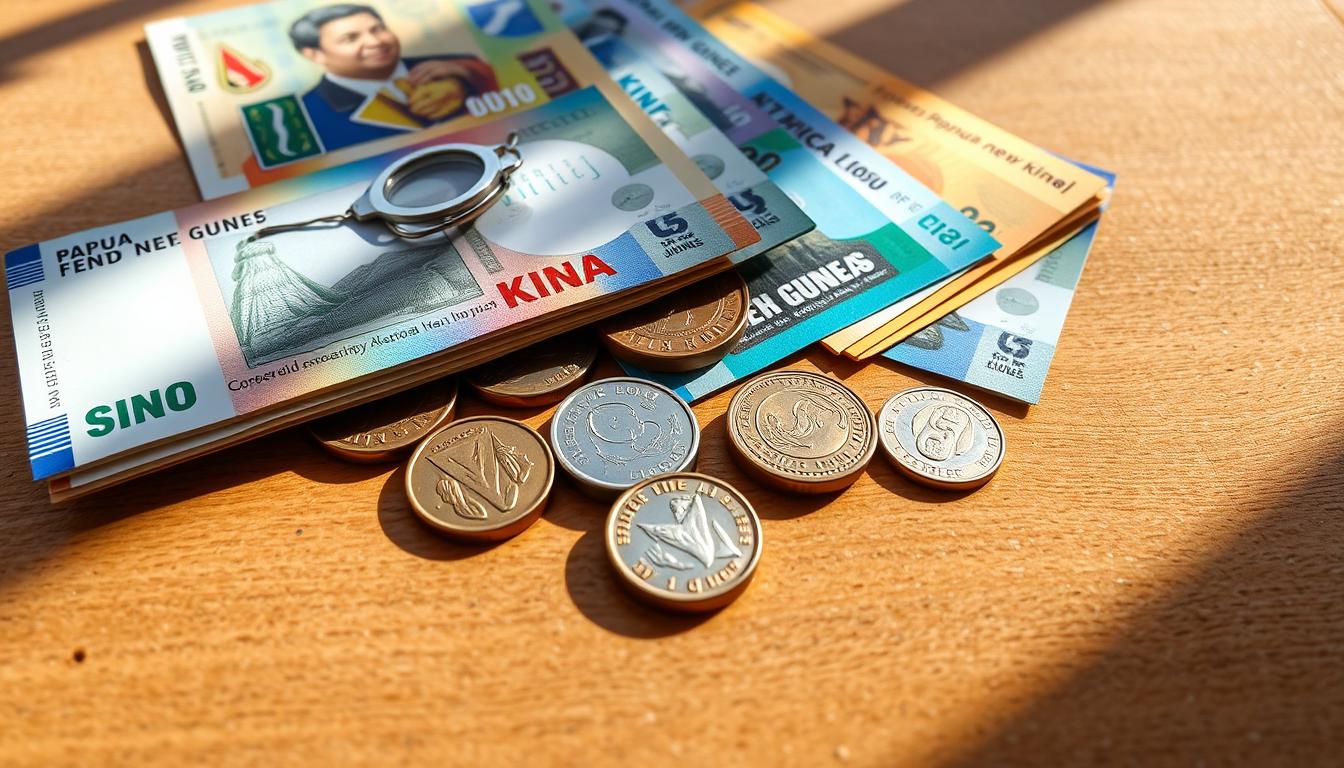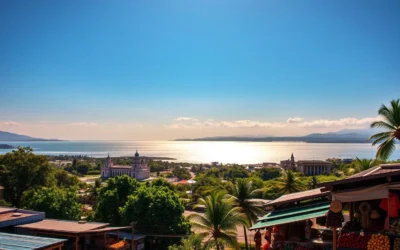Papua New Guinea: Best Things to Do – Top Picks
Did you know Papua New Guinea is home to over 800 indigenous languages, making it the most linguistically diverse place on Earth? This fascinating island nation, often called the "Land of the Unexpected," offers adventurous travelers a rare glimpse into cultures...






0 Comments